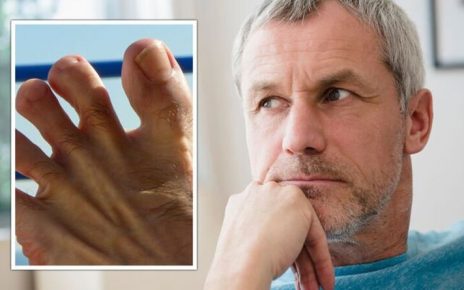A new paper led by the University of Virginia and just published in the journal Behavioral and Brain Sciences is pushing back hard on the notion that people with autism are not interested in socializing.
The paper’s authors say they hope the research will lead to more respectful treatment of people with autism as well as development of more effective methods of supporting them.
“We believe the most effective interventions will involve teaching both autistic and non-autistic people to recognize each other’s social signals, rather than insisting that autistics behave like non-autistics do,” said Vikram Jaswal, an associate professor of psychology.
The paper, “Being vs. Appearing Socially Uninterested: Challenging Assumptions about Social Motivation in Autism,” is coauthored by Nameera Akhtar, a professor of developmental psychology at the University of California, Santa Cruz.
“Our article challenges an influential account of explaining and intervening in autism,” Jaswal said. “Essentially, this account, which is common among both scientists and laypeople, claims that a primary reason for autistic people’s unusual behaviors is that they’re not socially motivated.
“We point out that this flies in the face of what many autistic people themselves say about longing for social connection and ignores alternative reasons for why autistics may sometimes behave in ways that non-autistics interepret to mean they are socially uninterested,” he said.
In the paper, the two professors challenge the assumption that people with autism do not wish to socialize, by offering alternative explanations for four behaviors:
- low levels of eye contact,
- infrequent pointing,
- motor stereotypies (repetitive movements), and
- echolalia (verbatim repetition of another’s words)
Source: Read Full Article



